Navigating the world of small business insurance can feel overwhelming, but understanding the essentials will help you make more informed decisions. As a business owner, your priority is protecting everything you’ve worked hard to build—your assets, employees, and income. Whether you’re running a local café or a growing construction company, the right insurance can safeguard your operations from unexpected challenges. From mandatory coverages like workers’ compensation to optional protections such as business interruption insurance, the key is finding the right combination of policies that suit your business’s unique needs. With expert guidance from a professional insurance broker, you can ensure your business is fully protected.

1. Tailoring Insurance for Your Small Business
Every small business is unique, and your insurance needs should reflect that. Business insurance is not a one-size-fits-all solution; rather, it can be tailored to protect various aspects of your company. Coverage can include:
- Assets such as buildings, machinery, and equipment.
- Employees, by offering worker’s compensation and other protections.
- Customers, through liability insurance that safeguards against claims for injury or damage.
- Business income, which can be protected through business interruption insurance.
For example, a sole trader working from home may only need minimal cover for their equipment, while a restaurant owner might need comprehensive protection that includes public liability insurance, business interruption, and coverage for stock and equipment.
Tailoring your insurance package can also involve bundling different types of policies together. This not only simplifies the process but can also save money. By working with insurance brokers, you can find a package that suits your specific needs without paying for unnecessary extras.
2. Understanding Mandatory and Optional Insurance
It’s important to differentiate between the types of insurance your business must have and those that are optional but highly recommended. Some types of business insurance are required by law:
- Workers’ compensation insurance is mandatory if you employ staff, providing protection in the event of work-related injuries or illnesses.
- Public liability insurance is compulsory for some businesses, especially those that operate in public spaces or have direct interaction with customers, such as cafes or retail stores.
To ensure your business complies with Australian regulations, it’s essential to understand what insurance is legally required. Learn more about the legal requirements for business insurance in Australia.
While mandatory insurance is crucial, optional coverage can be just as important, depending on your operations. Examples include:
- Income protection insurance: Protects your income if you’re unable to work due to illness or injury.
- Disability insurance: Offers financial protection in the event of a permanent disability.
- Equipment insurance: Covers tools, machinery, and other essential equipment that keeps your business running.
Working with an expert insurance broker ensures you are meeting legal requirements while also exploring additional coverage options that protect your unique business.
3. What is Business Interruption Insurance?
Natural disasters, like Australia’s recent devastating floods, can disrupt business operations. Without the right cover, many businesses find themselves struggling to survive the aftermath. This is where business interruption insurance comes in.
Business interruption insurance helps your business continue during times of crisis by covering lost income and ongoing expenses, such as rent and wages. When considering this type of insurance, you may hear the term ‘indemnity period.’ This refers to the length of time your insurer will continue to pay your claim. Standard indemnity periods are usually around 30 days, though some insurers offer extended periods depending on your needs.
The amount of time required for your business to recover will depend on several factors, including how long it might take to repair or replace critical equipment. For instance, if your business relies on specialised machinery that must be imported from overseas, you may need a longer indemnity period to cover the delays in replacement.
For expert advice on business interruption insurance, speak with one of the knowledgeable brokers at All Star Brokers to discuss how this essential cover could help your business weather unexpected storms or natural disasters.
4. Scope of Cover: What You Need to Know
When purchasing business insurance, understanding the scope of cover is crucial. Every policy will clearly outline what it covers, any conditions you need to meet, and exclusions that limit the circumstances under which a claim can be made.
For example, your policy may require you to:
- Install automatic fire extinguishers.
- Ensure that burglar alarms are activated when the premises are unoccupied.
Exclusions might include things like damage caused by a failure to maintain your property or damage from events like floods if you have not specifically added flood cover to your policy. This is where discussing the fine print with an insurance broker can help you avoid any surprises when it comes time to make a claim. By regularly reviewing your policies, especially as your business grows or changes, you can ensure that your coverage continues to meet your needs.

5. Identifying and Managing Risk in Your Business
The risks facing your business can vary widely depending on your industry, size, and operations. As a result, it’s critical to identify the specific exposures that your business faces and ensure your insurance covers them adequately.
For example, a café may need cover for food contamination, while a construction business will likely need insurance that addresses the risk of injury to workers and damage to third-party property.
Not sure what kind of coverage you need? Our expert insurance brokers in Toowoomba can work with you to determine the appropriate amount of insurance, considering factors like replacement costs, especially for assets like buildings and equipment. Remember that these values can appreciate over time due to inflation or rising replacement costs. Explore risk management and insurance options for small businesses for more detailed insights into handling potential business risks.
6. Do You Have the Right Cover?
One of the most common mistakes small business owners make is underinsuring their businesses, leaving them exposed to significant financial losses if disaster strikes. Regularly reviewing your insurance policies ensures you have the right coverage at the best possible price.
For more information, check out our ‘How to Find Out If Your Small Business Is Underinsured’ blog.
Business insurance isn’t just about meeting legal requirements—it’s about giving yourself peace of mind that your livelihood is protected. If you’re unsure whether your current insurance is enough, now is the perfect time to get in touch with All Star Brokers. Our team of experienced professionals will work with you to evaluate your current coverage, identify gaps, and tailor a package that ensures your business is fully protected.
Understanding the basics of business insurance is the first step towards protecting your small business. By working with an insurance broker, you can tailor a plan that meets your unique needs, covering everything from mandatory workers’ compensation to optional income protection and business interruption insurance.
Remember, every business is different. What works for one may not work for another, so it’s essential to have an expert in your corner. Contact the team at All Star Brokers today to discuss your options and ensure your business has the coverage it needs to thrive.
Important notice
All information in this article is of a general nature only. This information does not take into account your specific objectives, financial situation or needs. It is also not financial advice, nor complete, so please discuss the full details with your All Star Brokers insurance broker. Information is subject to change.
Steadfast Group Ltd ACN 073 659 677
Important notice – Steadfast Group Limited ABN 98 073 659 677 and Steadfast Network Brokers
This article provides information rather than financial products or other advice. The content of this article, including any information contained in it, has been prepared without taking into account your objectives, financial situation or needs. You should consider the appropriateness of the information, taking these matters into account, before you act on any information. In particular, you should review the product disclosure statement for any product that the information relates to before acquiring the product.
Information is current as at the date the article is written as specified within it but is subject to change. Steadfast Group Ltd and Steadfast Network Brokers make no representation as to the accuracy or completeness of the information. Various third parties have contributed to the production of this content. All information is subject to copyright and may not be reproduced without the prior written consent of Steadfast Group Limited.
